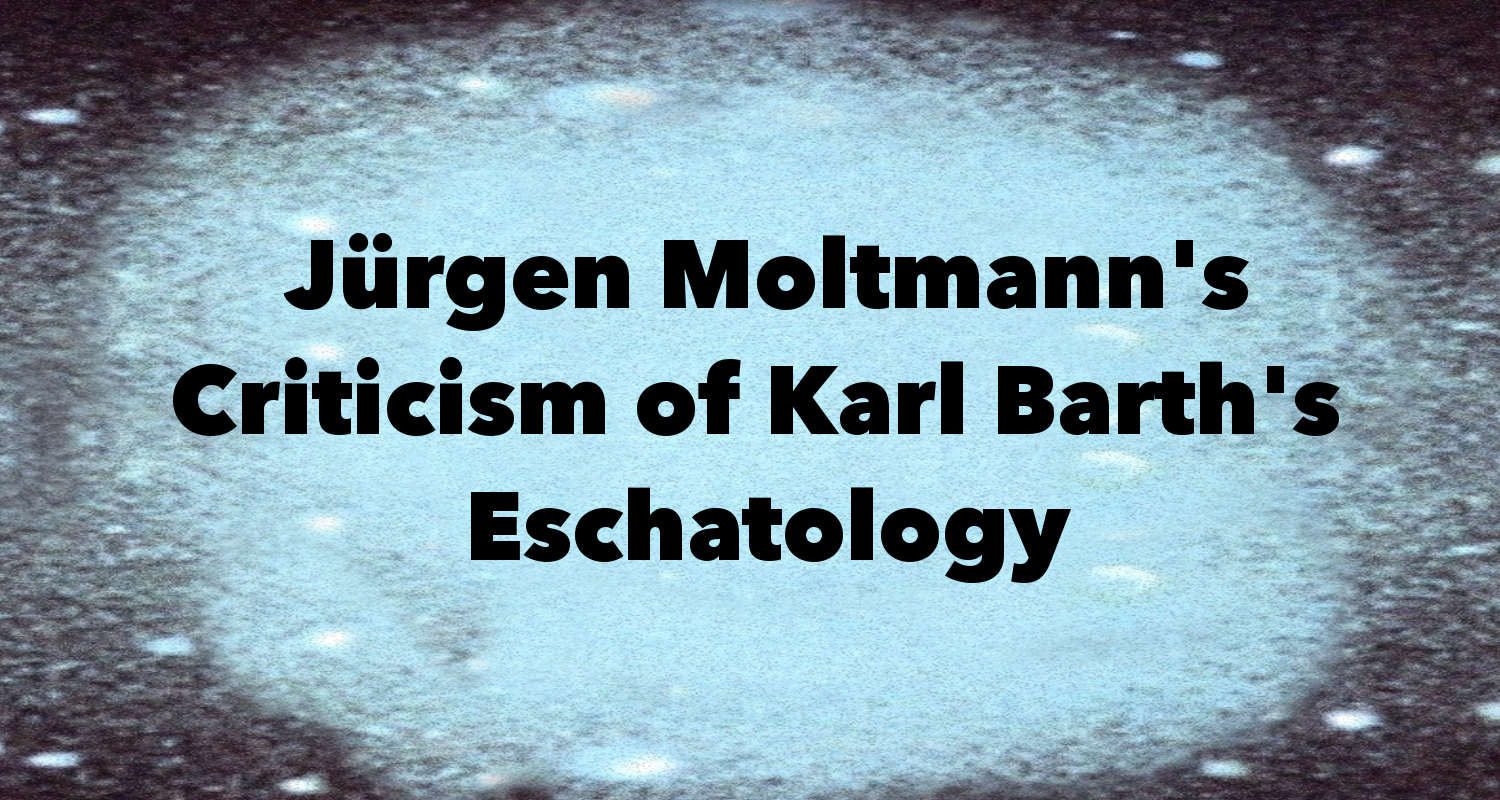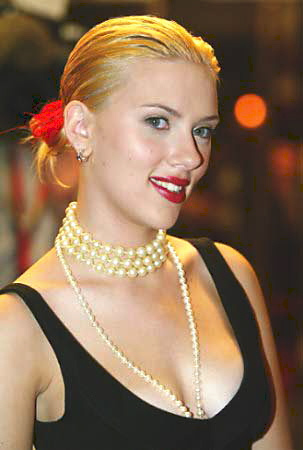 Karl Barth's eschatology is a topic I continually revisit because it is a ingenious solution problems in both futuristic eschatology and realized eschatology, however Barth's conclusions raises new problems that are deeply disturbing. Jürgen Moltmann improves upon Barth's eschatology, by going through it (in a similar way as Wolfhart Pannenberg), and provides a solution that doesn't end with the extinction of humanity on the last day (pace. Barth). I've already thoroughly discussed Moltmann's criticism of traditional, realized, futuristic and inaugurated eschatology. In this post, I will focus on Moltmann's criticism of Barth's eschatology in particular in Science and Wisdom.
Karl Barth's eschatology is a topic I continually revisit because it is a ingenious solution problems in both futuristic eschatology and realized eschatology, however Barth's conclusions raises new problems that are deeply disturbing. Jürgen Moltmann improves upon Barth's eschatology, by going through it (in a similar way as Wolfhart Pannenberg), and provides a solution that doesn't end with the extinction of humanity on the last day (pace. Barth). I've already thoroughly discussed Moltmann's criticism of traditional, realized, futuristic and inaugurated eschatology. In this post, I will focus on Moltmann's criticism of Barth's eschatology in particular in Science and Wisdom.
 Barth's eschatology is a dialect between time and eternity. Time is fundamentally different than eternity, because eternity of god has no succession of moments and has no beginning or end. Eternity is somewhat like the present but without a past or future. Barth believes that eternity is vertical to each moment in the horizon of time. For example, time is like a pearl necklace, where each pearl corresponds to a moment of time, and the succession of time is like the string of pearls. When this pearl necklace is worn, each pearl touches the same neck, in the same way as each moment of time touches the eternity eternal now. Barth believed that there would be a future and final moment of time on the last day, and the result of the resurrection would be the in-breaking of eternity into every moment of time, such that every thing lost to the past would be raised again, and nothing would be lost. The downside to Barth's eschatology is that once final omega moment of time occurs, there will be no more time, and no more historical happenings. According to Barth, time would end, and only exist so far as it has been eternalized (or remembered by God).
Barth's eschatology is a dialect between time and eternity. Time is fundamentally different than eternity, because eternity of god has no succession of moments and has no beginning or end. Eternity is somewhat like the present but without a past or future. Barth believes that eternity is vertical to each moment in the horizon of time. For example, time is like a pearl necklace, where each pearl corresponds to a moment of time, and the succession of time is like the string of pearls. When this pearl necklace is worn, each pearl touches the same neck, in the same way as each moment of time touches the eternity eternal now. Barth believed that there would be a future and final moment of time on the last day, and the result of the resurrection would be the in-breaking of eternity into every moment of time, such that every thing lost to the past would be raised again, and nothing would be lost. The downside to Barth's eschatology is that once final omega moment of time occurs, there will be no more time, and no more historical happenings. According to Barth, time would end, and only exist so far as it has been eternalized (or remembered by God).
Moltmann (similar to Pannenberg) criticized Barth's eschatology as hopeless, because it means that all life that was cut short, or left unfinished, will never be finished because there will be no future time after the last day to complete what was incomplete. Every moment of time will be resurrected, but will only exist in the eternal memory of god the creator and will not continue to exist as a living creature. Moltmann also argues that Barth's eschatology will be an undoing of the death and resurrection of Christ, because the incarnation will not continue beyond the last moment of time, and will be dissolved into the eternity of God, and the result is that there is no hope for the future for humanity, and there is no hope for a new earth or new heavens.
The "gathering up of history into eternity" does not merely lead to a de-historicizing of the biblical hope for Christ's parousia [coming]. It also means a de-historicizing of the biblical remembrance of Christ's death and resurrection. If the phrase "the resurrection of the dead" is supposed to be "nothing but" a phrase of the word "God" (which was the way Barth interpreted it in 1924, in a reduction formula reminiscent of Feuerbach), then, on the other hand, the raising of Jesus from the dead too "cannot be an event of historical extension side by side with other events of his life and death. The Resurrection is the non-historical relating of the whole historical life of Jesus to its origin in God." [Barth, Romans. 195. cf. Resurrection of the Dead] If God's eternity puts an end to history, then with eschatology it also puts an end to the history of Christ. Without a reshaping of the concept of eternity, eternity eschatology is a contradiction in terms. The 'eschatological moment' as it was formulated at that time permits neither the remembrance nor the hope of Christ. [1]
Moltmann argues for an eternalizing of time, so he agrees with much of what Barth says, but argues that time will be eternalized without ending. I highly recommend reading Science and Wisdom to learn more about Moltmann's conception of aeonic time. The book contains more criticisms of Barth's eschatology that this quote alone, but it also utilizes the strengths of Barth's solutions as well.
Sources:
[^1] Moltmann, Jürgen. "The Origin and Completion of Time in the Primordial and in the Eschatological Moment." Science and Wisdom. Trans. M. Kohl. Minneapolis: Fortress, 2003. 100-1. Print.
[^2] Image of Scarlet Johansson wearing a pearl necklace. Source: wikipedia.
Related: criticism, eschatology, Jürgen Moltmann, Karl Barth, Science and Wisdom



March 4th, 2018 - 13:36
I have never understood why theologians feel so comfortable asserting what eternity is like vis-a-vis temporality. And so, declaring get eternity not to involve a succession of moments makes no sense to me. If we are to be in glorified bodies, and if movement of those bodies (as w/ all bodies) occurs in time, what in the world would a lack of a succession of moments look like? Is eternity then a frozen stare at God and His beauty, like being in the stocks forever?
March 4th, 2018 - 13:38
Declaring eternity, NOT declaring get eternity